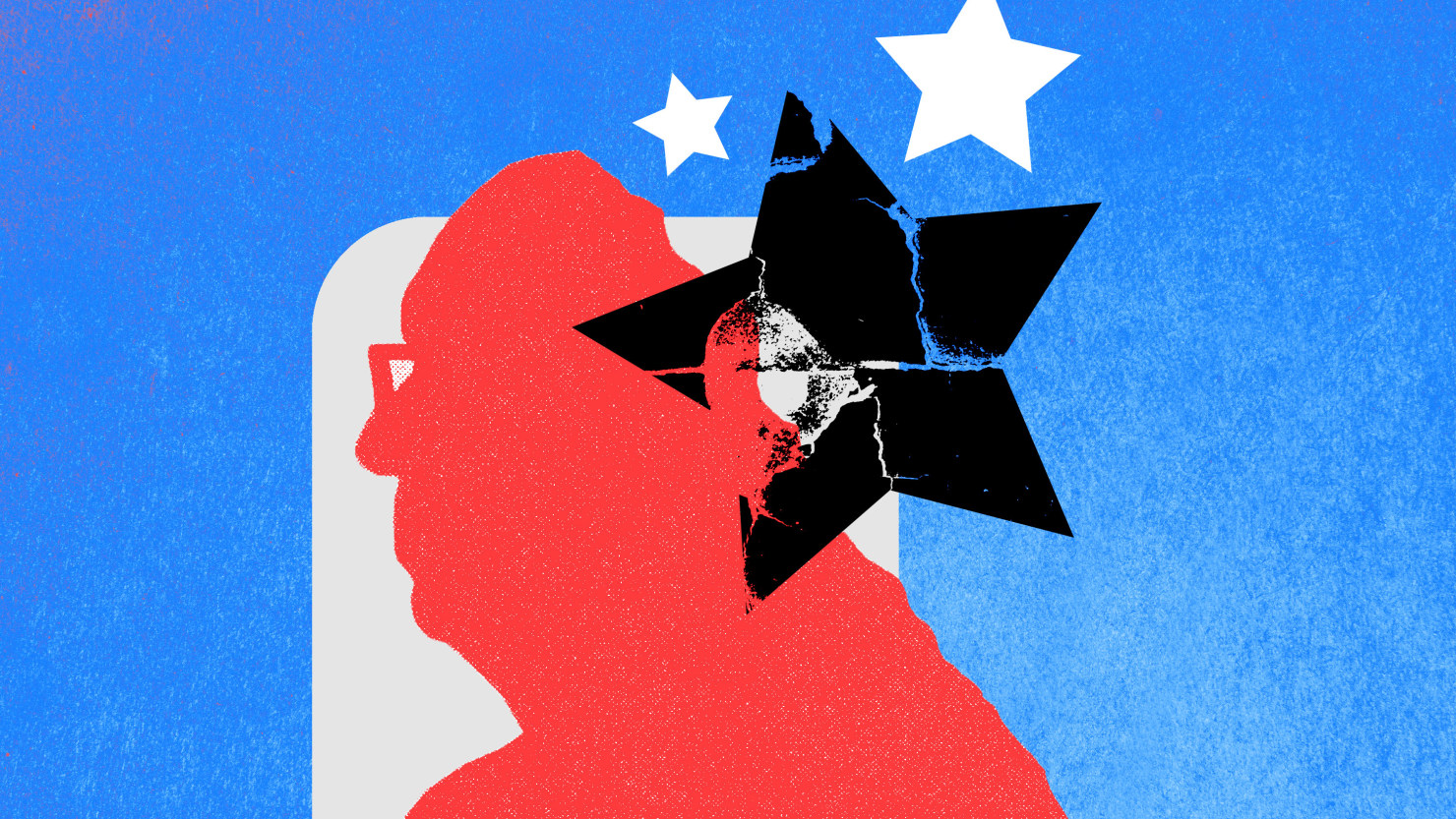Recently, I accompanied the man I deeply love to his doctor’s appointment, where I found myself facing the perplexing question of emergency contact. Interestingly, he filled in my name as his emergency contact, and I realized that I am his emergency contact as well. However, when it came to the marital status section, he checked the box marked “married,” even though I am not his wife.
In those moments, as I confronted the relationship box at the doctor’s office, my pen hesitated. Officially, despite sharing a bed, an apartment, and morning coffee with my beloved, I am both single and divorced. Sometimes, the forms offer the words “partnered” or “domestic partner,” and I would check one of those options. But these terms, although accurate, do not reflect our legal rights within the American healthcare system.
For instance, although my partner’s company covers healthcare costs for domestic partners, I am not eligible to be on his insurance, nor is he eligible for mine. On one occasion, while filling out a medical form’s marital status section, I defiantly scribbled a small box next to the words “In a stable and loving domestic relationship with a man whose wife has advanced early onset Alzheimer’s” and checked that box.
At present, there are over six million Americans living with Alzheimer’s disease, and this number is projected to reach 13 million by 2050, with women being disproportionately affected. These individuals not only face the direct burden of the disease but also indirectly affect their caregivers, the majority of whom are family members or unpaid caregivers. These caregivers experience significant emotional, financial, and physical challenges. Additionally, the stress and isolation of caring for someone with Alzheimer’s increase their own risk of succumbing to the disease.
Among these unpaid caregivers is the man I love. For years, he wholeheartedly cared for his wife on his own. However, when she reached a point where she needed assistance with daily activities like eating, bathing, and dressing, the burden became too heavy for one person to bear. He also had the responsibility of raising their two sons alone, along with a demanding job that provides health insurance but does not cover the day-to-day care his wife requires. Fortunately, his parents-in-law decided to help alleviate the financial strain, enabling him to hire outside caregivers to provide in-home care for his wife, which incurs a six-figure cost yearly.
Unfortunately, most Americans cannot afford this level of care, leaving them in an impossible predicament. Unless they have a willing adult family member to provide 24/7 caregiving without compensation—a role primarily taken on by grown daughters—the healthy spouse is left with two unappealing options. They can either quit their job to care for their spouse, losing their income and affordable health insurance, or they can divorce their spouse, in sickness and in health, to ensure their partner with Alzheimer’s qualifies for Medicaid, which covers basic memory care. This practice is known as a “Medicaid divorce.”
Sadly, it seems that the United States may be the only industrialized nation where divorcing a spouse with dementia is sometimes the only way to guarantee access to memory care. Despite the difficulties this situation poses, my beloved could never fathom divorcing his wife with Alzheimer’s, and I would never want him to. Witnessing his unwavering love and care for her until the end is one of the many qualities I admire about him. He frequently travels between our two homes to attend to her needs, accompanies her to doctor’s appointments, manages her medications, takes her to rehearsals and performances with her Alzheimer’s music group, and holds her close when she wants to dance.
I have also developed a deep affection for his wife’s parents, who have embraced me into their lives. Additionally, his two sons have welcomed me and get along well with my own children. Together, we have formed an unconventional blended family—one that I hope society will come to accept as more typical—as Alzheimer’s cases continue to rise. This unique family dynamic has brought love back into our lives and has even made us less susceptible to illness.


